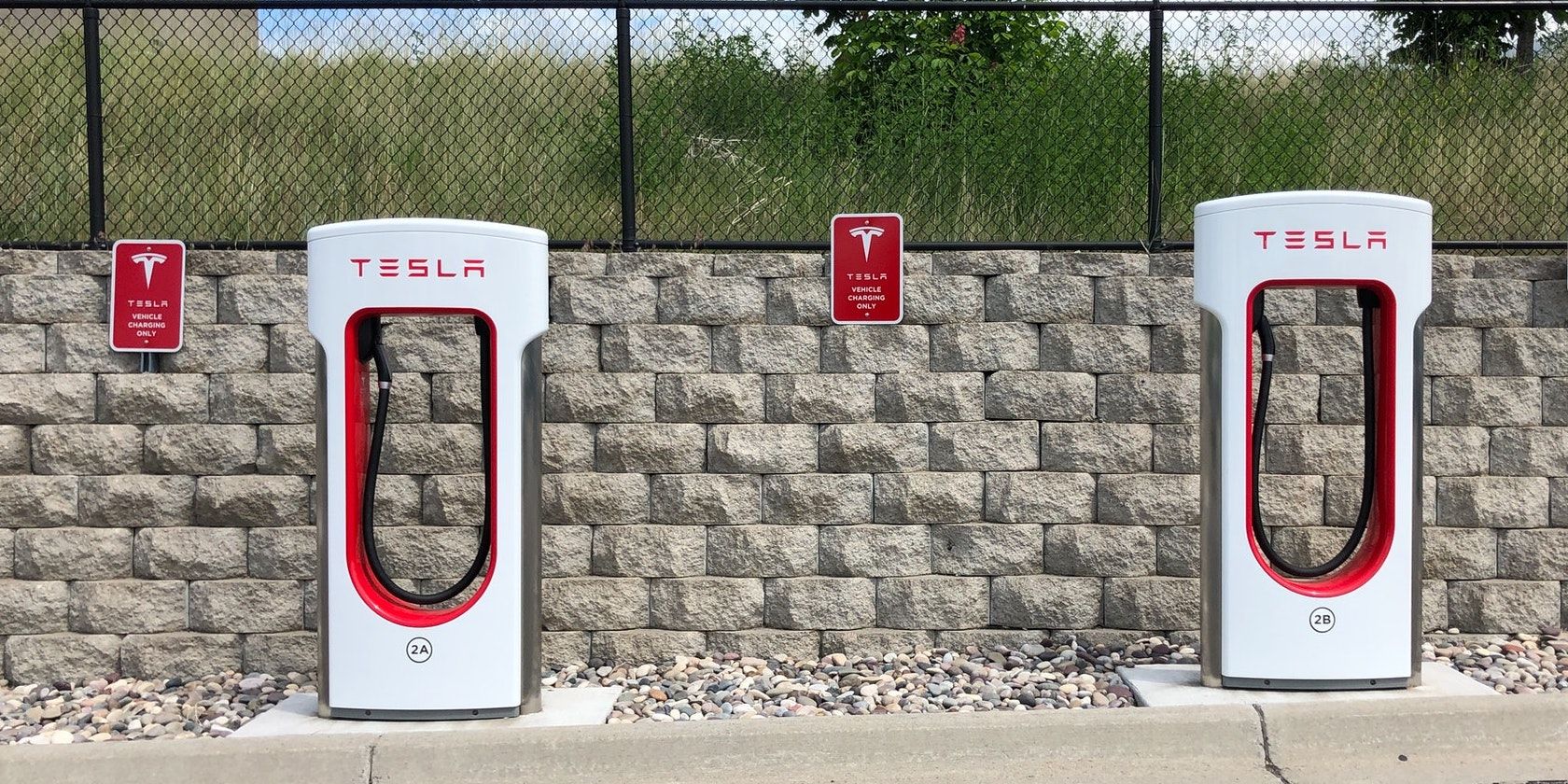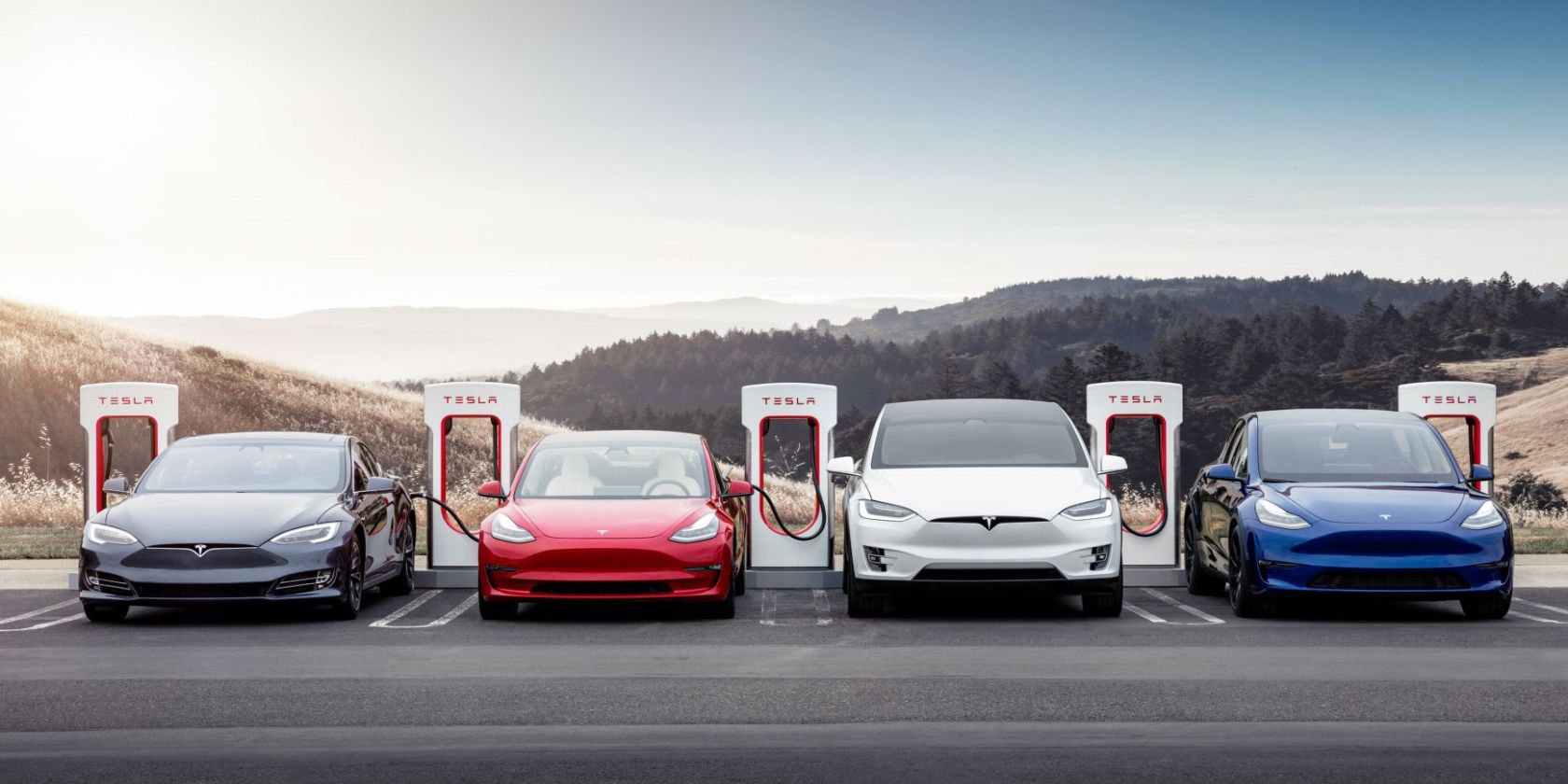Key Takeaways
- Buying an electric vehicle could qualify you for a tax credit of up to $7,500, but if you don't qualify, you can still lease an EV with lower monthly payments and still receive the tax credit.
- To qualify for the EV tax credit, the battery and critical components must be manufactured in the U.S., and the price is capped at $55,000 for sedans and $80,000 for SUVs, trucks, and vans.
- There are income limits for the tax credit, with a maximum of $150,000 for individuals and $300,000 for joint filers, but leasing an EV can bypass these limits. Additionally, most states offer additional tax incentives for buying an EV.
If you're buying an electric vehicle, you could qualify for a tax credit of up to $7,500 under the Inflation Reduction Act. But even if you're disqualified due to the rules, you could still lease an EV that is offered with lower monthly payments since it's eligible for a tax credit.
If you're shopping for a new or used electric vehicle, here is everything you need to know about the federal tax credit.
What Is the EV Tax Credit?
As the name suggests, an EV tax credit is a tax reduction of up to $7,500 that you could qualify for if you buy or lease an electric vehicle in the U.S. A used EV could also qualify for a tax credit of up to $4,000. When you file your taxes for the year you purchased your qualifying EV, you get a tax credit toward paying whatever you owe in taxes.
According to the U.S. Department of Treasury, starting on January 1st, 2024, you will be able to claim your tax credit of up to $7,500 at the dealership or point of sale when you're buying an EV.
Before 1st January 2023, the existing federal tax credit favored EV manufacturers that hadn't sold over 200,000 vehicles. However, the current EV tax credit that came into effect on 1st January 2023 after the Inflation Reduction Act was signed into law imposes different conditions to qualify for the EV tax credit.
Manufactured in the U.S.
For starters, the battery and critical components must be manufactured in the U.S. This means that any EV manufactured outside the United States doesn't qualify for the EV tax credit. In addition to that, the requirements cut off at $55,000 for a new EV sedan, and SUVs, trucks, and vans are capped off at $80,000. But if you're buying a used EV, the price is capped at $25,000.
Household Income Limits
Furthermore, there are limits on the tax credit based on your household income. The Inflation Reduction Act stipulates a maximum income of $150,000 for individual filers and $300,000 for joint filers. But there is a legal loophole to price limit and income if you lease an EV. According to the IRS, commercial vehicles, including leased vehicles, are eligible for a tax credit.
Different Rates for EV Leases
More succinctly, if you lease an EV, you could still be eligible for a full tax credit of up to $7,500 even if the car's value exceeds the price restrictions or your income disqualifies you. This means it could be cheaper to lease an EV than buy it if you could save on the tax incentive. However, manufacturers leasing vehicles are not obligated to pass down the tax credit to the customer.
Besides that, most states in the United States offer additional tax incentives to save money when buying an EV. For instance, if you're a resident of Colorado, California, Maine, or Connecticut, you could be eligible for a state tax credit of up to $7,500, depending on the size of your vehicle. However, make sure that you confirm with your state if you're eligible for an additional tax incentive.
EV-Ready Home
Finally, if you want to make your home EV-ready, the Inflation Reduction Act offers a federal tax credit of up to $1,000 to reduce the installation cost of your home EV charger by 30%.
Which Manufacturers Qualify for the EV Tax Credit?
As you can imagine, there are a significant number of EVs eligible for the EV tax credit, spanning different levels of support. We've broken down the eligible EVs at the time of writing, starting with those that can receive full support.
|
Manufacturer |
Eligible Models for Full $7,500 EV Tax Credit |
|---|---|
|
Cadillac |
Cadillac Lyriq (2023 - 2024) |
|
Chevy |
Chevrolet Bolt, Blazer EV (2024), Bolt EUV (2022-2023), Bolt EV (2022-2023), Chevrolet Equinox EV (2024), Silverado EV (2024) |
|
Ford |
F-150 Lightning (2022-2023), Mustang Mach-E (2022-2023), E-Transit (2022-2023) |
|
Tesla |
Model 3 Standard Range RWD/Long Range (2022-2023), Model 3 Long Range AWD (2023), Model 3 Performance (2022-2023), Model X Long Range (2023), Model Y RWD (2023), Model Y AWD/Long Range/Performance (2022-2023) |
|
Volkswagen |
ID.4 / ID.4 S (2023), ID.4 Pro/Pro S/Pro S Plus (2023), ID.4 AWD Pro/AWD Pro S/AWD Pro S Plus (2023) |
EVs Eligible for a Partial Tax Credit of $3,750
|
Manufacturer |
Eligible Models for Partial $3,750 EV Tax Credit |
|---|---|
|
Ford |
Ford Mustang Mach-E (2022 - 2023), E-Transit (2022 - 2023) |
|
Nissan |
Nissan Leaf S (2024), Nissan Leaf SV Plus (2024) |
|
Rivian |
Rivian R1T (2022 - 2023), Rivian R1S (2022 - 2023) |
Hybrid Models Eligible for a Partial Tax Credit of $3,750
|
Manufacturer |
Eligible Hybrid Models for Partial $3,750 Tax Credit |
|---|---|
|
BMW |
BMW X5 xDrive50e |
|
Chrysler |
Pacifica Plug-In Hybrid |
|
Ford |
Escape Plug-in Hybrid |
|
Jeep |
Grand Cherokee 4xe, Wrangler 4xe |
|
Lincoln |
Aviator Grand Touring, Corsair Grand Touring |
EVs and Hybrid Models Offered With a Tax Credit if Leased
|
Manufacturer |
Leased EV and Hybrid Models with Tax Credit Amount |
|---|---|
|
Audi |
E-Tron models ($7,500) |
|
BMW |
BMW i4 eDrive35 ($7,500), eDrive40 ($7,500), xDrive40 ($7,500), BMW i5 ($7,500), BMW i7 ($7,500), BMW XM ($7,500), BMW iX xDrive50 ($9,900), M60 ($9,900) |
|
Chrysler |
Chrysler Pacifica Hybrid ($7,500) |
|
Dodge |
Dodge Hornet R/T PHEV ($6,000) |
|
Genesis |
GV60 ($7,500), Electrified GV70 ($7,500), Electrified G80 ($7,500) |
|
Hyundai |
Ioniq 5 and Ioniq 6 ($7,500), Kona Electric ($7,500) |
|
Jaguar |
2022 Jaguar I-PACE ($7,500) |
|
Jeep |
Grand Cherokee 4xe PHEV ($7,500), Wrangler 4xe PHEV ($7,500) |
|
Kia |
Niro EV Wind ($7,500) |
|
Lexus |
Lexus RZ ($7,500), NX PHEV ($7,500) |
|
Lucid |
Lucid Air ($7,500) |
|
Mazda |
Mazda CX-90 PHEV ($7,500) |
|
Mercedes-Benz |
EQ models ($7,500), S580 Plug-In Hybrid ($7,500), GLE 450 Plug-in Hybrid ($7,500) |
|
Polestar |
Polestar 2 ($8,500) |
|
Porsche |
Porsche Taycan ($7,500) |
|
Toyota |
Toyota bZ4X ($7,500), RAV4 Prime ($7,500), Pius Prime ($7,500) |
|
Volkswagen |
VW ID.4 ($7,500) |
|
Volvo |
XC40 Recharge ($7,500) |
Please note that qualifying for a tax credit through a lease is subject to terms and conditions dictated by the manufacturers. For instance, most automakers will offer a tax credit deal if you apply for a lease through their financial services. Additionally, a few manufacturers offer tax credits for customers who lease in cash only.
Take Advantage of the EV Federal Tax Credit
The EV tax credit won't be around forever. This means there is no better time to buy an EV right now since you can knock off the price by up to $7,500. However, if you don't qualify due to income restrictions or the EV you want exceeds the price limit, you can choose to lease an EV that is offered with tax credit savings by the automaker.



